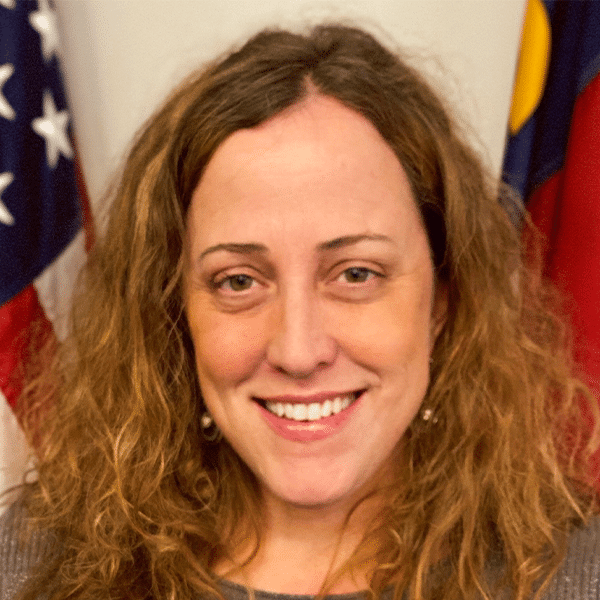Cox said yesterday that it is pursuing public private partnerships as it continues to deploy broadband in rural areas. The news was part of some details that the company provided about $400 million that it plans to invest over the next three years in unserved and underserved areas.
One of the public private partnerships that Cox has won is with Yavapai County in Arizona, where the company was awarded American Rescue Plan Act (ARPA) funds from the county. According to a press release, the funding will be combined with private investment from Cox to deploy more than 100 miles of network infrastructure to reach more than 3,000 locations.
The ARPA allocated $350 billion directly to states, counties and municipalities that could be used for a range of purposes, including broadband deployments.
Cox noted in yesterday’s release that it also has public private partnerships underway in Virginia, with several more applications awaiting award decisions in other Cox markets. A Cox spokesperson confirmed that the Virginia public private partnerships also would involve Cox receiving ARPA funding.
The other public private partnerships that Cox is pursuing “are similar in nature,” the spokesperson said. He added, however, that “Cox is open to other types of partnerships that will meet the needs of local governments and communities.”
The spokesperson clarified that the $400 million that Cox plans to invest in rural areas includes the funding that the company will invest in Rural Digital Opportunity Fund (RDOF) projects. The RDOF program awarded funding to cover some of the costs of bringing broadband to unserved and underserved rural areas. Funding for an area went to the company that committed to deploying service for the lowest level of support.
The spokesperson added, though, that all pending public private partnership projects are in addition to the areas where Cox won RDOF funding.
A Growing Trend
The Cox public private partnerships seem to be quite similar to one that AT&T announced recently in Indiana, in which the town awarded ARPA funding to the carrier to cover some network construction costs.
Like Cox, AT&T said it was pursuing additional public private partnerships of a similar nature.
Public private partnerships have become increasingly common as stakeholders attempt to improve broadband availability. Traditionally it has been quite common for municipalities to issue bonds to raise funding, but that may be happening less frequently now that ARPA funding is going directly to towns and counties and additional federal and state funding also has been made available for broadband.



